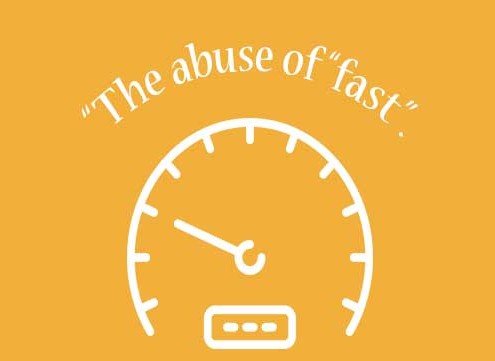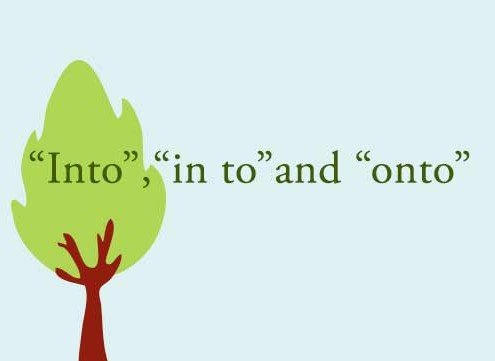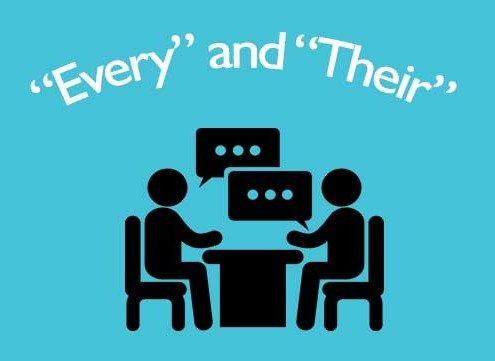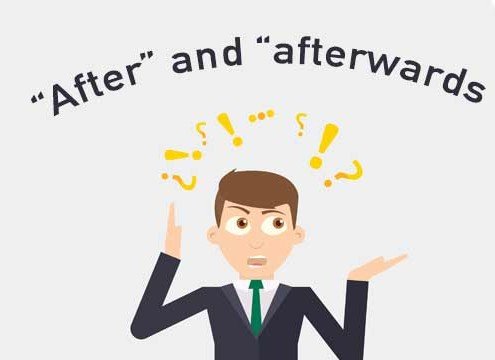
The abuse of fast
“The abuse (el abuso de) of “fast”. Consider the following sentences: Kike was driving his Ferrari too fast. Sofia was running fast. Why was Mr.
Si quisiera mejorar o aprender inglés, este blog podría ser su ayudante.
Cada semana algo nuevo se publica. Si quisiera recibir una notificación de un tema nuevo por correo electrónico solo tiene que suscribirse a nuestro blog desde el formulario del final de la página. Ir al formulario.
Su correo electrónico sería guardado de manera confidencial para que ninguna otra persona pueda usarlo.
El blog será en inglés, y únicamente damos explicaciones mínimas (en español) para aclarar algo, para traducir algo que podría ser difícil, o para acelerar su entendimiento.
El autor es Aimee, directora y una especialista en educación hablante nativa.

“The abuse (el abuso de) of “fast”. Consider the following sentences: Kike was driving his Ferrari too fast. Sofia was running fast. Why was Mr.

“Into” means to enter (entrar en), or to go inside a room or place, and one can also “get into trouble”. Is this sentence correct?

In Latin, as in Spanish, a golden rule is that a sentence (una oración) never should end with a preposition. This is not a rule

“Fine» is often used incorrectly, especially by the Americans and sometimes, sadly (lamentablemente), by apparently educated (aparentemente educada) British speakers who should know better (deberían

Many educated English speakers confuse (confunden) these two words. They are different. Examine these examples: The defeat (la derrota) of the Spanish Armada was in

Laziness and a lack of precision (la pereza y una falta de precisíon) are two common features of mankind (dos características frecuente de la humanidad).

“Every” is singular (as in Spanish), as is everything, everybody, and everyone. However, you may have heard the following: “Every student must bring their books

These two words are often confused – they are not interchangeable (no intercambiable). “Afterwards” does not need a complement – “after” needs a complement. Study

Can you make sense of this sentence ( ¿Podria sacar algo de esta oracion? ) ? “Mr. Rajoy went to the bar with Mr. Sanchez and he

You may have heard this expression before. It is used by English mortals (mortales) in Spain, Tenerife, or England and shows a person whose capacity

Would you like to be a gangster (gánster) or a well-spoken person (una persona bien hablada)? For uneducated gangsters, problems are “sorted”, as you may

This is a simple question that is often and sadly answered incorrectly, especially by the Americans. You may have heard this reply to the above

Esta web utiliza cookies para que podamos ofrecerte la mejor experiencia de usuario posible. La información de las cookies se almacena en tu navegador y realiza funciones tales como reconocerte cuando vuelves a nuestra web o ayudar a nuestro equipo a comprender qué secciones de la web encuentras más interesantes y útiles.
Las cookies estrictamente necesarias tiene que activarse siempre para que podamos guardar tus preferencias de ajustes de cookies.
Si desactivas esta cookie no podremos guardar tus preferencias. Esto significa que cada vez que visites esta web tendrás que activar o desactivar las cookies de nuevo.